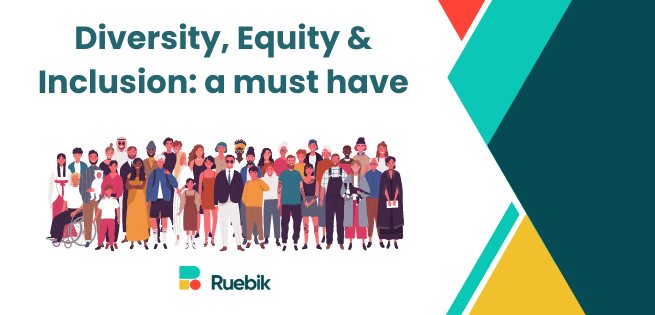Written By: Kimia Afzal
When employees hear that they will be assessed through Key Performance Indicators (KPIs), a cloud of stress and anxiety can form above their heads.
A KPI is a way for organisations to measure how much revenue an employee is bringing in for the company.
Although revenue is important for growth, a business is dependent on much more than that to keep afloat. In industries like retail and manufacturing, employees can consistently be run through a loop and overworked due to unrealistically high targets.
Ironically, something designed to measure an employees’ value, often leaves employees feeling more undervalued than ever before. And reducing people to numbers can cause performance trends to stagnate further and a negative workplace culture can form as a result.
So when it comes to maintaining equity and keeping employees in high spirits at work, you want to make sure that employees are being judged fairly for their abilities, able to reach manageable targets and maintain their health and wellbeing.
One of the easiest ways to fix this broken system is to employ well-designed KPIs to measure rates of success in your company and team in a healthy, balanced way, rather than solely relying on revenue per employee.
What is a well-designed KPI?
A well-designed key performance indicator will vary company to company and will take a number of different factors into account. Rather than solely focusing on statistics, employers can look to customer and employee satisfaction, as well as external factors, to assess how someone is doing within the organisation and understand why this might be.
How can well-designed KPI be achieved?
- Firstly, you must make note of a clear realistic objective as a team. Your employees know how their job role functions and in order to keep the KPI reviews collaborative, there needs to be open communication about what works and what doesn’t. This makes sure that everyone is comfortable with the goals and is on the same page. This way you are offering support, leading to an increase in engagement, confidence, and accountability.
- Be open-minded – KPI’s are not always going to be a reflector of an employee’s performance because there may be other affecting external factors. For example, if someone is not making as many sales as they normally would in retail, we might consider that this may be down to the UK being in a cost of living crisis.
- Customizing your KPIs to the role/person – you can measure output, input, outcome and process of the KPIs, also looking at quantity, quality, time, cost, or satisfaction, reflective of the work. It all depends on the scope of the employees role and how much they collaborate with others too.
- Take a deeper look to see how your employee feels about work – Are they happy in this job role, for example? Might their skills be better suited to another role in the business? Employee wellbeing and performance are inextricably linked and if there is something happening in an employee’s personal life, their performance at work can be affected. According to a Gallup study in 2019, if employees had higher wellbeing in year one, they would tend to have higher engagement at work in year two as well as increased positive change in wellbeing in year two. So it’s wise to consider that your employee might just need some support!
- Use the review of KPIs not to diminish your employee, but to see what can be learned for next time. What are the issues and gaps that need improvement? How can you all make these changes? Is there a more efficient way to work internally and externally?
Ultimately, your employees need to feel valued and improving traditional KPI systems will only serve to improve your employee’s morale and performance at work.


